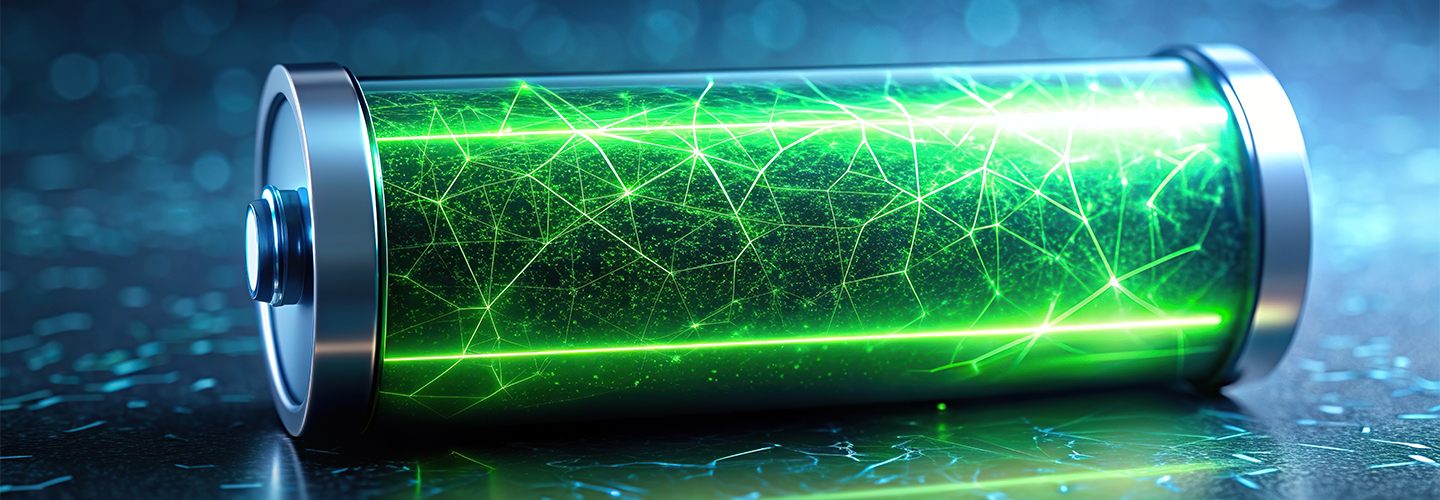
WATCH ON-DEMAND
Optimize Electrode Slurries via Flow and Structure Analysis Using Rheo-Impedance Spectroscopy
In this webinar we will explore Rheo-Impedance Spectroscopy and the powerful insights you get into the microstructure of your battery
electrode slurries.
Understand the conductive network of your slurries and how that directly impacts final battery safety and performance.
See how the data from this technology can predict how formulations and processing affect the final electrode’s structure and heterogeneity, ensuring successful performance.
Join us for this webinar to learn:
Meet the Speaker
 |
Applications Support Engineer Lukas Schwab is the application specialist for mechanical testing at TA Instruments in Germany. He is the contact person for all questions relating to the use of rheometers, DMA and rubber measuring instruments and helps users to get the most out of their measuring instruments. After studying chemistry at KIT in Karlsruhe with a focus on polymer chemistry, he also completed his doctorate there in the working group of Prof. Manfred Wilhelm on the topic of non-linear rheology of rubbers before joining TA Instruments in 2016. |
